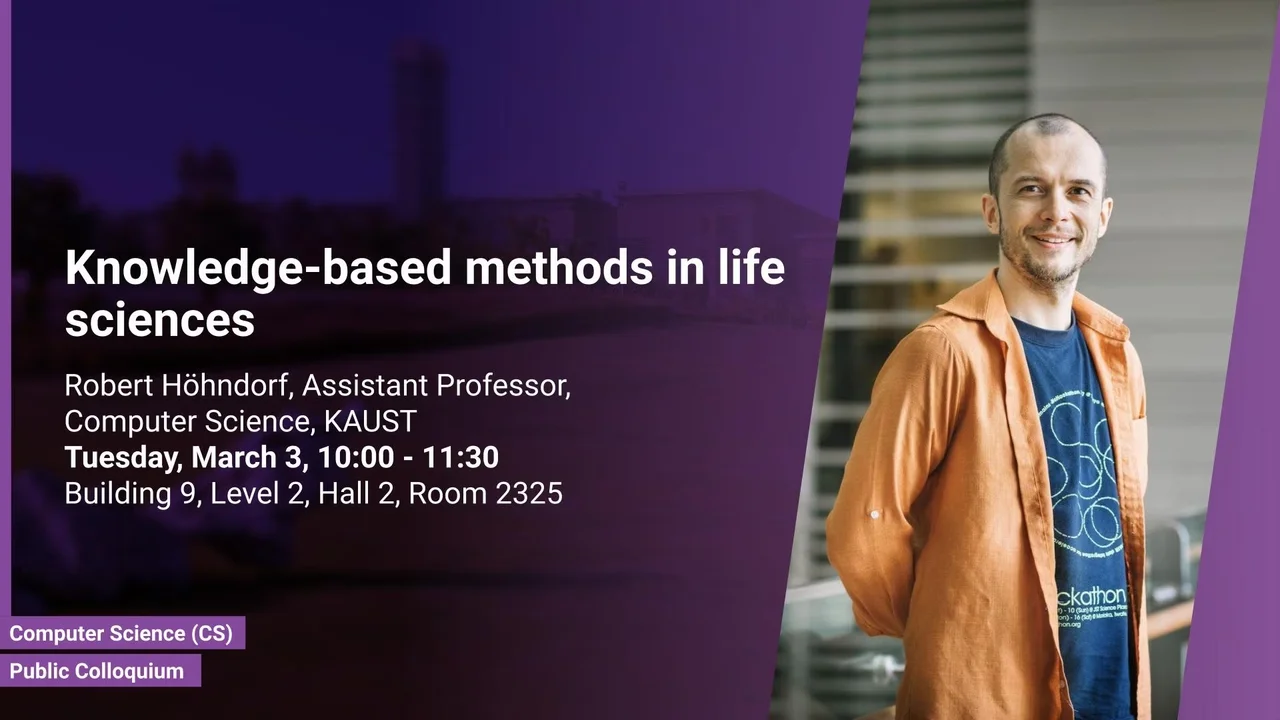
Knowledge-based methods in life sciences
In my research I aim to understand how formalized knowledge bases can be used to systematically structure and integrate biological knowledge, and how to utilize these formalized knowledge bases as background knowledge to improve scientific discovery in biology and biomedicine. To achieve these aims, I develop methods for representing, integrating, and analyzing data and knowledge with the specific aim to make the combination of data and formalized knowledge accessible to data analytics and machine learning in bioinformatics. Biomedicine, and life sciences in general, are an ideal domain for knowledge-driven data analysis methods due to the large number of formal knowledge bases that have been developed to capture the broad, diverse, and heterogeneous data and knowledge.
Overview
Abstract
In my research I aim to understand how formalized knowledge bases can be used to systematically structure and integrate biological knowledge, and how to utilize these formalized knowledge bases as background knowledge to improve scientific discovery in biology and biomedicine. To achieve these aims, I develop methods for representing, integrating, and analyzing data and knowledge with the specific aim to make the combination of data and formalized knowledge accessible to data analytics and machine learning in bioinformatics. Biomedicine, and life sciences in general, are an ideal domain for knowledge-driven data analysis methods due to the large number of formal knowledge bases that have been developed to capture the broad, diverse, and heterogeneous data and knowledge.
Brief Biography
Robert Hoehndorf is an Assistant Professor in Computer Science at King Abdullah University of Science and Technology in Thuwal. Before joining KAUST in 2014, he held research positions at the Max Planck Institute for Evolutionary Anthropology, the European Bioinformatics Institute, the University of Cambridge, and Aberystwyth University. His research focuses on the development of knowledge-based algorithms in biology and biomedicine, and he published over 100 research papers in journals and international conferences. Robert is an Associate Editor for the Journal of Biomedical Semantics, BMC Bioinformatics, Applied Ontology, PLoS ONE, and Data Science.
